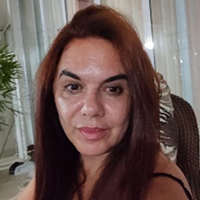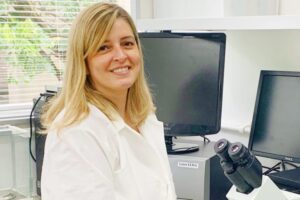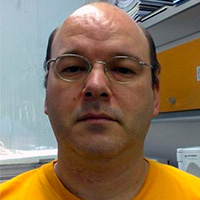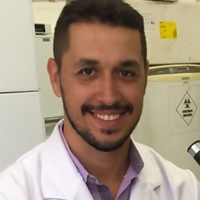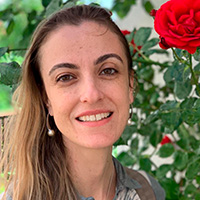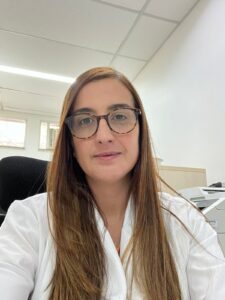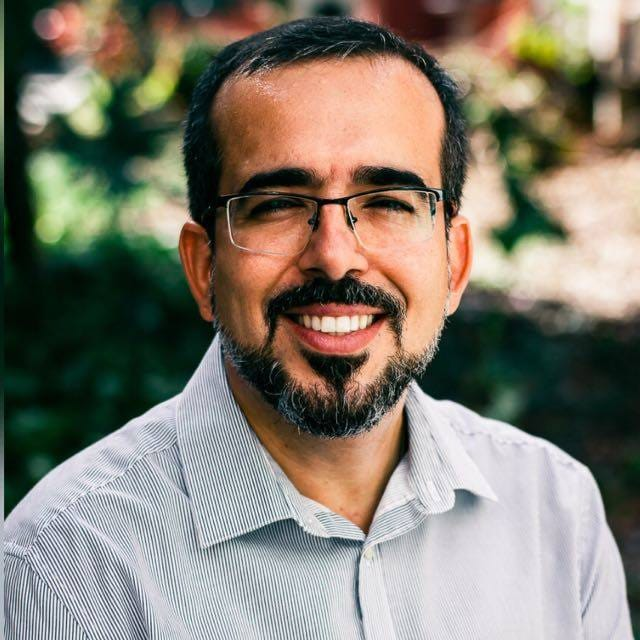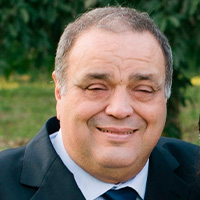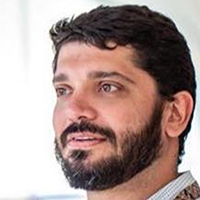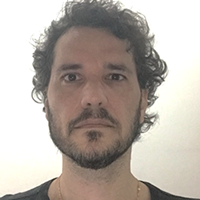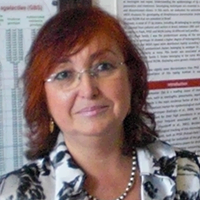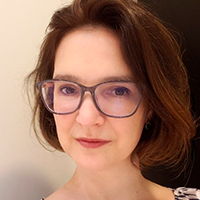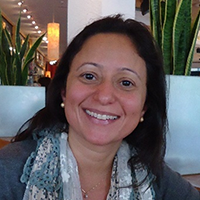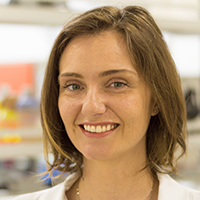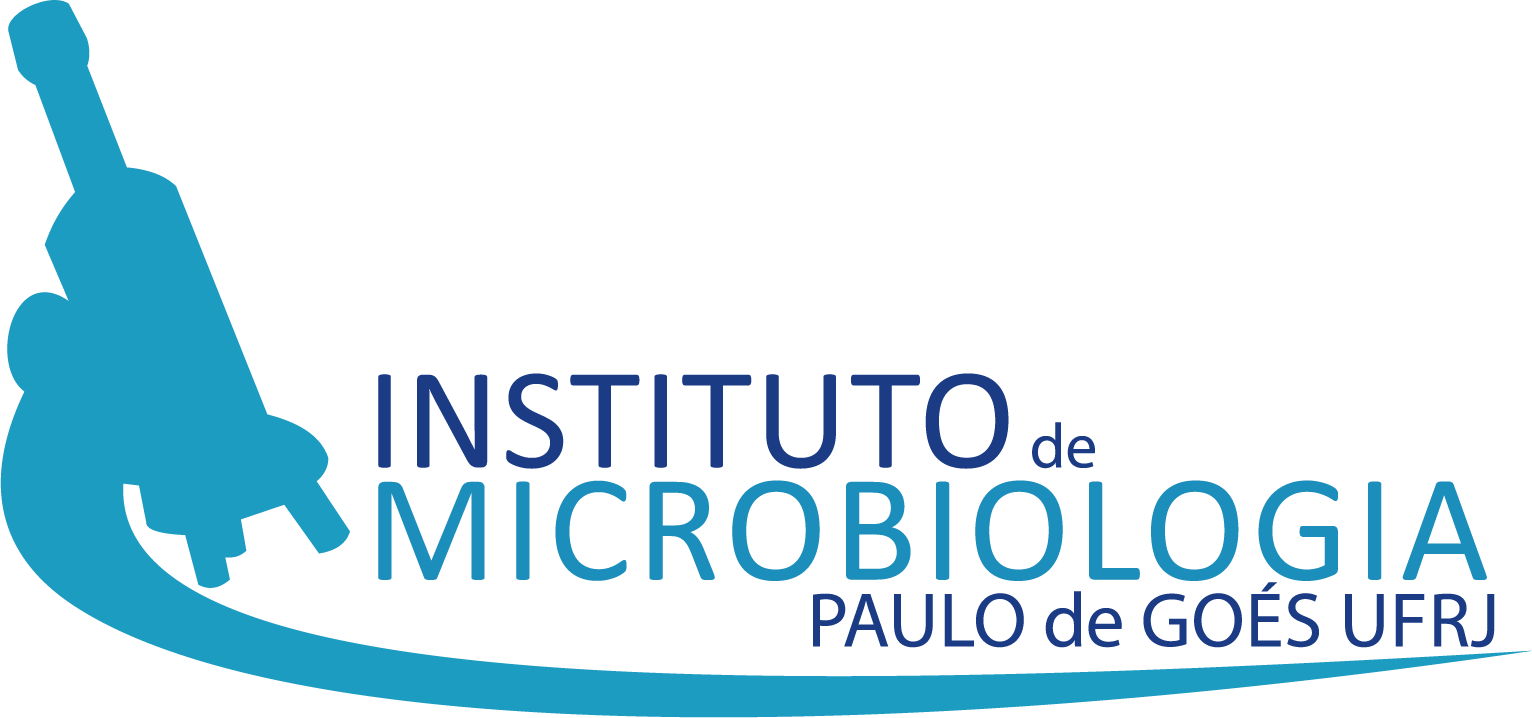

Microbiology
Postgraduate Degree in
About Us
The Postgraduate Program in Sciences (Microbiology) – PPG-Micro – operates at the forefront of knowledge in Microbiology and Immunology, training highly qualified master’s and doctoral students with leadership potential, critical, independent, and innovative scientific thinking, to contribute to social, educational, scientific, and technological progress. Since its creation in 1965, the program has been a national reference in the field and is rated with the highest score by Coordination for the Improvement of Higher Education Personnel (CAPES).
The PPG-Micro faculty consists of prominent researchers in their areas of expertise, with projects funded by various agencies and an extensive network of national and international collaborations. The students show exceptional academic performance, and upon graduation, they become highly regarded professionals with significant involvement in educational, research, and innovation institutions, as well as public and private companies and industries, both domestically and abroad, where they promote and perpetuate the excellence of Paulo de Góes Institute of Microbiology (IMPG), PPG-Micro, and Federal University of Rio de Janeiro (UFRJ).
PPG-Micro offers scholarships for Master’s and Doctorate programs from CAPES, National Council for Scientific and Technological Development (CNPq), and Carlos Chagas Filho Foundation for Research Support of the State of Rio de Janeiro (FAPERJ), and doctoral students can also undertake internships at advanced research centers abroad, funded by grant agencies.
New students can enter PPG-Micro through a selective process that takes place twice a year. Application periods, required documents, and selection criteria are available through the Notices published on this website.
Explore our research lines, meet our faculty, and come enrich your education at PPG-Micro!
Objective
Our mission is to train qualified professionals for scientific and educational activities in the fields of Microbiology, Immunology, and Virology.
Program Admission
Admission to PPG-Micro is possible through the selection notices for new students in the Master’s and Doctoral programs, published twice a year, allowing entry in both the first and second semesters. Check out the available opportunities for admission here.
The selection process for the Master’s program involves a written exam, an interview, and a curriculum review.
The exams are conducted in Portuguese, in English or in Spanish upon request at IMPG’s facilities. However, candidates living more than 150 km from the city of Rio de Janeiro can also apply. In these cases, the exams can be conducted remotely or through partners at other universities.
The selection process also includes an assessment of candidates’ proficiency in English. However, those who do not meet the required score during the selection process will have other opportunities to fulfill this requirement during the course.
The selection of new students for the Doctoral program is based on the submission of a preliminary project, followed by an interview and curriculum review in Portuguese or in English.
English proficiency is also assessed during the selection process, but students enrolled in the program will have other opportunities to meet this prerequisite throughout the course if they do not achieve the required score during the selection.
Research Lines
The line includes studies with the microbial cell in all its complexity: (i) identification/characterization of organelles, cellular structures and metabolic pathways involved in vital processes associated with physiology and interaction with hosts/environments; (ii) analysis of different aspects of microbial genetics and the control of gene expression.
The line includes the bioprospecting of microorganisms as well as bioactive molecules with potential application in different biotechnological processes in various sectors, namely: pharmaceutical industry, oil industry, agriculture, textile industry, as well as environmental, bioenergy and medical areas. The personal hygiene and cosmetics segments have also invested in innovative products of microbial origin. Enzymes, biosurfactants, biopolymers, antimicrobials and pigments, among other bioproducts, have been applied in these different areas. The microorganisms themselves can be used as probiotics and in microbiome studies.
Study of the occurrence, distribution, abundance and function of populations or communities of microorganisms in space and time. Understanding the intra- and interspecific relationships of microorganisms, their taxonomic position, as well as their relationship with the environment in which they live, aiming to discover how they influence and are influenced by them.
Study of the genetic, epidemiological, biochemical and molecular mechanisms of action and/or resistance to different classes of antimicrobial agents. Bioprospecting for new molecules with antimicrobial action, both of natural and synthetic origin, as well as new therapeutic strategies (e.g. drug repositioning, compound synergism), with special emphasis against resistant microorganisms, are contemplated in this line of research.
Study of the prevalence, incidence, distribution and transmission of infectious agents responsible for diseases in humans and/or plants of national and international relevance. These studies aim to develop methods to (i) prevent and avoid contagion, (ii) obtain prognosis and diagnosis, (iii) prevent (e.g.: development of vaccines) and treat infectious diseases caused by viruses, bacteria, protozoa and fungi. The mechanisms of aggression (e.g.: gene expression and production of potential virulence-related factors) to the host organism, which generate cellular/tissue/systemic lesions and dysfunctions, are also the target of this line of research.
To investigate the cellular and molecular mechanisms that govern the interactions between infectious agents (viruses, bacteria, protozoa and fungi) and their hosts (vertebrates, invertebrates, plants or even other microorganisms), seeking to elucidate different stages of the development of the infectious process. The infectious agent-host-environment triad, which controls genetic/biochemical plasticity as well as the formation of new patterns of infections and diseases, is studied in this line of research from a morphophysiopathological perspective.
This line of research includes the study of the body’s protective mechanisms against pathogens and oncogenic processes, as well as the role of inflammation in the pathophysiological processes of infectious, metabolic, degenerative, allergic, autoimmune diseases and cancer. The investigation of the role of the immune system in normal physiological mechanisms for maintaining homeostasis (e.g., interaction with the microbiota, generation of natural antibodies, organ function and metabolism) is also included in this line of research. This line of research represents an opportunity to identify targets for the treatment and prevention of diseases, as well as the development of cell therapies and vaccines.
Alumni profile
The alumni are engaged in academia both locally and internationally, as well as in the private sector, particularly in national and global industries. Some of our graduates have received prestigious awards, making significant contributions to their fields of study and taking the excellence of PPG-Micro worldwide.
Location and Contact Information
Centro de Ciências da Saúde
Av. Carlos Chagas Filho, 373 – Cidade Universitária, Rio de Janeiro – RJ, 21941-599
e-mail: posgrad@micro.ufrj.br
